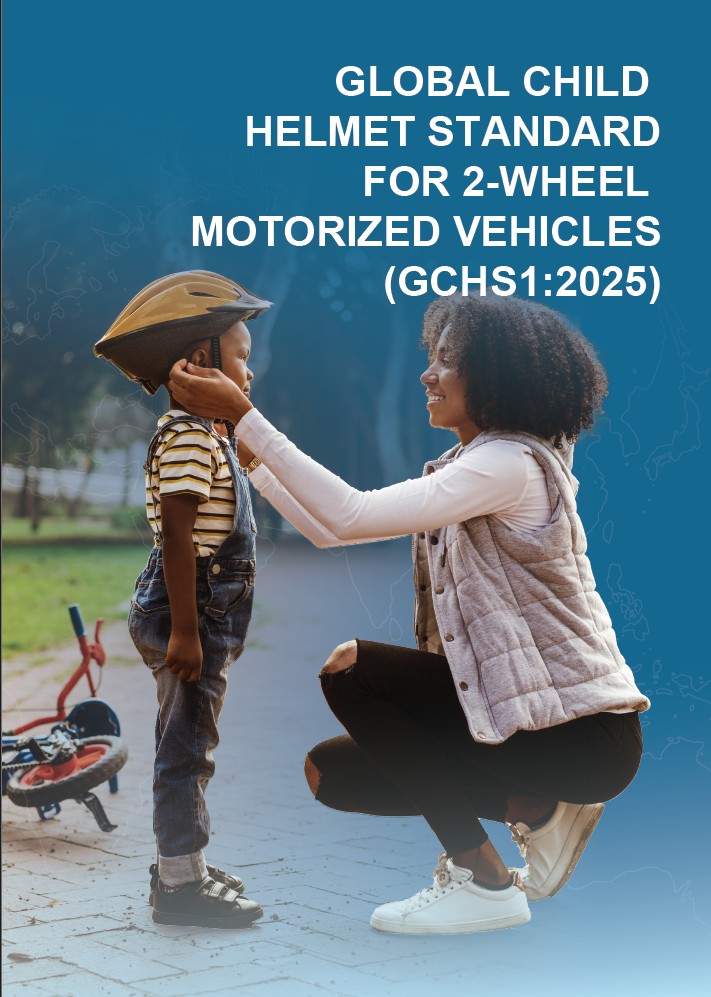
“The Global Plan calls for reducing deaths and serious injuries, yet many so-called helmets sold in low- and middle-income countries fail even the most basic protective tests. Without enforcement, these sub-standard products undermine every education and enforcement campaign.” — Greig Craft, President, AIP Foundation, Viet Nam.
Alliance member AIP Foundation is at the forefront of ensuring people have access to safe, quality helmets, improving availability, use, and enforcement in low- and middle-income countries like Viet Nam. Its efforts contribute to achieving one of the key performance indicators for meeting the targets set by the Global Plan for the Decade of Action for Road Safety (Global Plan) — to increase the proportion of motorcycle riders correctly using standard, certified helmets to nearly 100% by 2030. Its work is crucial especially in the light of findings in the Alliance’s white paper Making safe helmets a reality for all which show that unsafe helmets continue to flood the market, putting millions of riders at risk and undermining progress toward the Global Plan target.
AIP Foundation’s work aligns policy, industry, and public education efforts. “We collaborate with government ministries, standards institutes, and police on enforcement and certification frameworks, while our Protec helmet factory, a social non-profit enterprise, demonstrates that high-quality, affordable helmets can be locally produced,” says Greig Craft. “We also convene multi-stakeholder task forces that include manufacturers, importers, and consumer-protection agencies to improve transparency in the market.”
AIP Foundation’s advocacy also connects directly with communities, ensuring that those often neglected in helmet use, such as children, have access to safe, quality helmets. “Crash data showed that head injuries were the leading cause of death among motorcycle users, especially children. Through campaigns such as Helmets for Kids, we link road safety to family values, emphasizing protection and care rather than legal compliance alone,” explains Greig Craft.

The organization also labels certified helmets clearly and uses storytelling and social media to help consumers distinguish between real and counterfeit helmets. This approach empowers riders to demand safe products, creating momentum for stronger enforcement and improved industry practices.
To ensure continued progress in meeting the Global Plan’s targets, AIP Foundation calls on governments and international partners to act decisively and prioritize:
“Wearing a helmet that does not meet safety standards is almost as dangerous as not wearing one at all,” says Greig Craft. “Therefore, enforcing helmet standards—by ensuring that only quality, safe, certified, and affordable helmets are available—is critical to saving lives and achieving the Global Plan’s targets. Arguing and debating endlessly over which standard is best is both morally and ethically wrong. Lives are being needlessly sacrificed for the sake of dogma and inaction.”